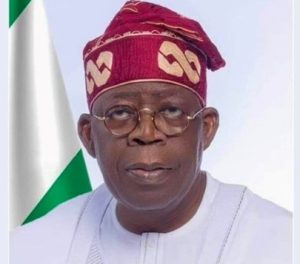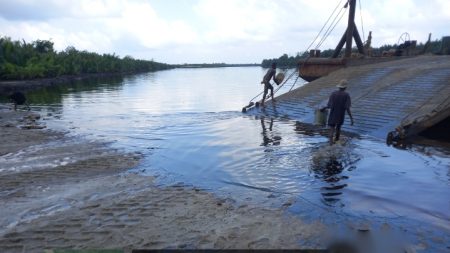
Abuja — Nigerian President Bola Tinubu on Sunday announced an interim wage rise for low-income workers and mass buses running on gas to ease the impact of a petrol subsidy removal, just two days before labour unions embark on an indefinite strike.
Tinubu scrapped a decades-old subsidy during his inauguration in May and ended foreign exchange restrictions, which has led to soaring cost of living and angered unions.
In a national broadcast marking 63 years of independence, Tinubu defended the reforms as necessary to put Africa’s biggest economy on the path to recovery.
“I am attuned to the hardships that have come. I wish today’s difficulties did not exist. But we must endure if we are to reach the good side of our future,” said Tinubu.
He said following talks with labour, business and other stakeholders, federal government workers would get an additional 25,000 naira a month for the next six months, a smaller raise he said was necessary to avoid pushing up double-digit inflation.
That would take the minimum wage in Nigeria to 55,000 naira ($71) from 30,000 naira.
But labour unions want Tinubu to reinstate the fuel subsidy and had previously demanded a minimum wage of 200,000 naira.
Petrol is widely used in Nigeria to power generators by millions of households and small businesses because the national grid generates an average 4,500 megawatts, leaving most of the 200 million citizens without electricity.
Tinubu said his government was improving tax collection, increasing investment in small businesses to boost employment while a special investigator would soon present findings on what he called a “den of malfeasance” at the central bank.
The Senate last week confirmed Tinubu’s new nominee to head the central bank, replacing the previous governor, who has been in the custody of state security agents since June.
*Felix Onuah; editing: MacDonald Dzirutwe & Daniel Wallis – Reuters



